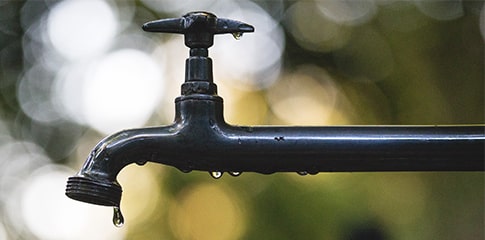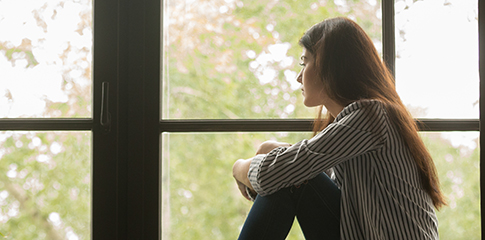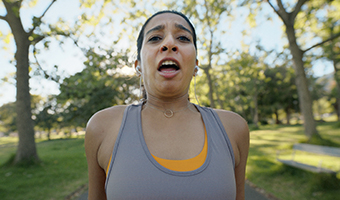
Managing hay fever in children, babies and toddlers
Hay fever can be tough on the best of us, but for children it can particulary hard. Kleenex & Allergy UK share their advice on helping children manage their hay fever.
8 mins
Read More
What is thunder fever and how can it affect your hay fever?
Learn how different types of weather may be affecting your hay fever symptoms.
3 mins
Read More
Exercising with allergies: jog on, pollen
Struggle with hay fever when exercising outside? Check out these tips from our partners at Allergy UK on ways to manage symptoms when exercising outside.
3 mins
Read More3
Showing 3 of 23 articles
































